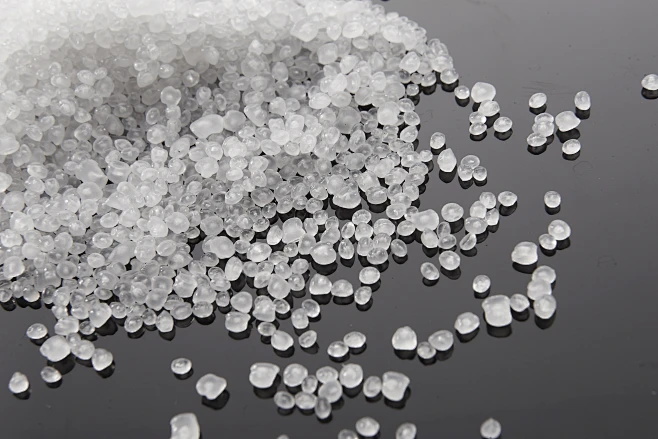Why Polyethylene Becomes the Main Material for Rotational Molding?
 Apr 30,2024
Apr 30,2024

Why Polyethylene Becomes the Main Material for Rotational Molding
Rotational molding is a manufacturing technique extensively employed to craft plastic products with intricate designs, such as the plastic toy, smart robotic housings, etc. Polyethylene stands out as the material of choice within the realm of rotational molding among the multitude of plastic options available. This article endeavors to investigate the rationale behind the widespread favoritism of polyethylene in this particular plastic processing method.

1. Versatility
Polyethylene is a versatile plastic material that can be easily modified to meet the specific requirements of different rotational molding applications. It is available in various grades, including high-density polyethylene (HDPE), low-density polyethylene (LDPE), and linear low-density polyethylene (LLDPE). These different grades offer a wide range of properties, such as durability, flexibility, and impact resistance, making polyethylene suitable for a diverse range of products, including containers, tanks, recreational equipment, and automotive parts.
2. Cost-Effectiveness
One of the primary reasons polyethylene is the preferred choice for rotational molding is its cost-effectiveness. Polyethylene is a readily available raw material with a relatively low cost of production. Its abundance and affordability make it an attractive option for manufacturers looking to keep production costs minimal without compromising on the quality of the final product.
3. Easy Processing
Polyethylene is known for its ease of processing, which is crucial for rotational molding. The material can be easily melted and molded into the desired shape, allowing for a smooth and efficient manufacturing process. Additionally, polyethylene has a low melt temperature, reducing energy consumption during the rotational molding process.
4. Chemical Stability
Polyethylene exhibits excellent chemical stability, making it suitable for a wide range of applications. It is resistant to most chemicals, acids, and bases, ensuring that the rotationally molded products remain unaffected by environmental factors or exposure to harmful substances. This property is particularly important for applications in industries such as agriculture, automotive, and water storage.
5. Low Weight
Polyethylene has a relatively low density, resulting in lightweight products. This attribute is beneficial for applications where weight reduction is a priority, such as in the automotive and aerospace industries. The lightweight nature of polyethylene also contributes to fuel efficiency and easier handling of the molded products.
6. Impact Resistance
Polyethylene is known for its excellent impact resistance, even at low temperatures. This property ensures that rotationally molded products can withstand rough handling and harsh environmental conditions, enhancing their durability and longevity.
These advantages make polyethylene the preferred choice for manufacturers worldwide, offering them the opportunity to produce high-quality plastic products efficiently and cost-effectively. As the demand for rotational molded products continues to grow, polyethylene remains the main material of choice for rotational molding applications.
 Tel: 0086-13632687993
Tel: 0086-13632687993  Email: roto@lightvenus.com
Email: roto@lightvenus.com

 Home
Home The Key Features of Low-Density Polyethylene and High-Density Polyethylene
The Key Features of Low-Density Polyethylene and High-Density Polyethylene  You May Also Like
You May Also Like



 Tel
Tel
 Email
Email
 Address
Address








